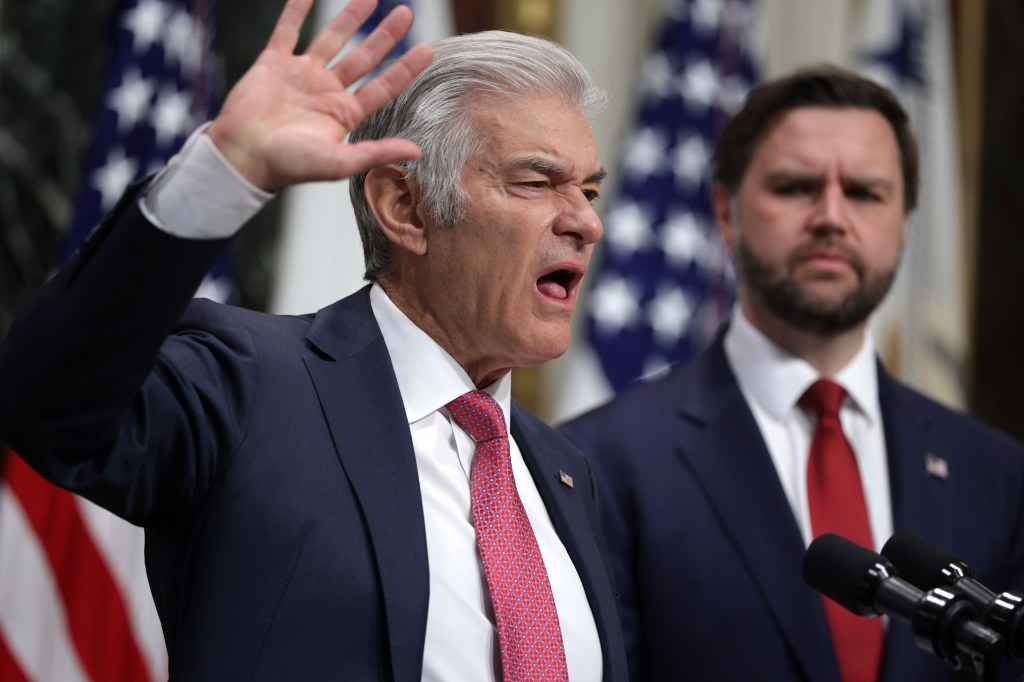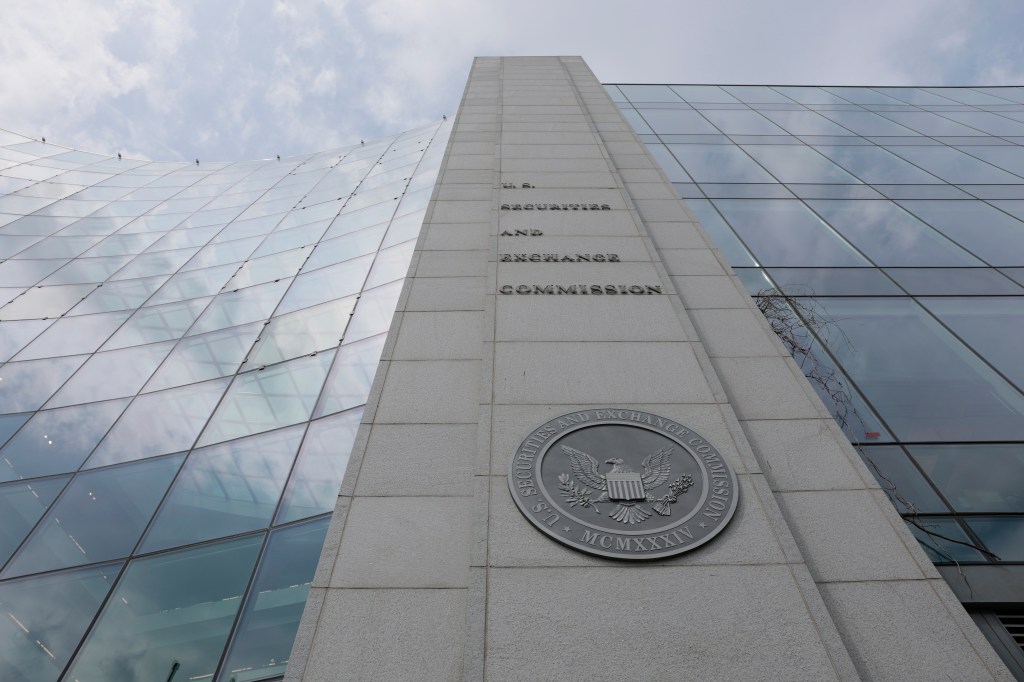Long before it was an acronym for a quasi-governmental organization, the term “DOGE” most often referred to Dogecoin, the elder statesman (relatively speaking) of the meme coin world. A favored subject of internet personality and prolific tweeter Elon Musk, the price of Doge often fluctuated wildly, especially when Musk made
Register for free to keep reading
To continue reading this article and unlock full access to GRIP, register now. You’ll enjoy free access to all content until our subscription service launches in early 2026.
- Unlimited access to industry insights
- Stay on top of key rules and regulatory changes with our Rules Navigator
- Ad-free experience with no distractions
- Regular podcasts from trusted external experts
- Fresh compliance and regulatory content every day













